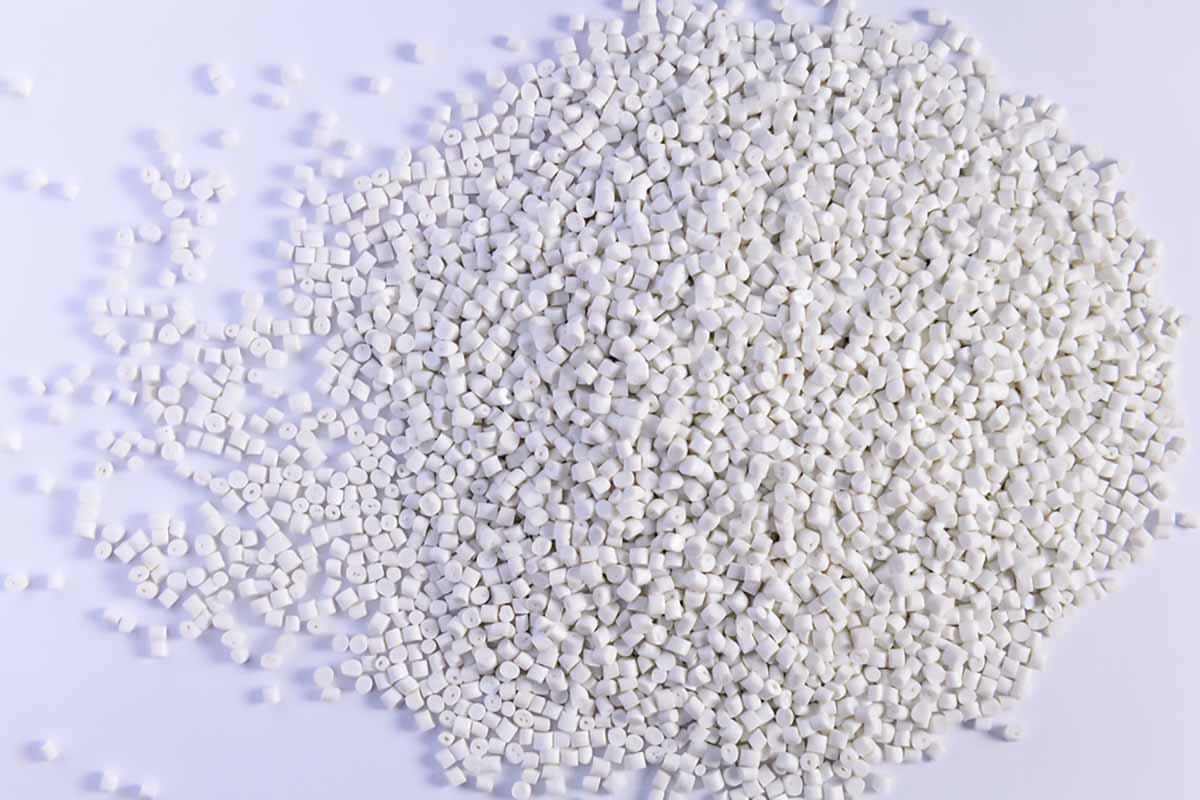
Resin imports are creating a challenging market for California reclaimers. | Saravutpics/Shutterstock
Amid a spike in post-consumer resin imports that reclaimers say is damaging the U.S. plastics recycling system, and allegations that some of that imported resin may not truly be recycled, a bill advancing in California would require beverage container manufacturers to report the country of origin for all PCR incorporated in their products.
Senate Bill 633 would add third-party PCR validation and country of origin to the regular reporting requirements producers must submit as part of the state’s container deposit system. The reports are made to the California Department of Resources Recycling and Recovery (CalRecycle).
Introduced in February by Sen. Catherine Blakespear, a Democrat representing parts of San Diego and Orange counties, the bill passed out of the state Senate in early June and has been moving through the state Assembly.
During a July 14 hearing before the Assembly’s Natural Resources committee, Blakespear laid out California’s beverage container recycled content regulations, which require 25% PCR in containers by 2025 and 50% by 2030.
“These targets have increased demand for recycled plastic, much of which is now imported from out of state and international reclaimers,” Blakespear said, reporting that imports hit an “all-time high” last year. “However, no current system exists to verify the authenticity of recycled content claims that are made by beverage manufacturers.”
“In fact, recycled plastic is indistinguishable from new plastic after it has been processed by reclaimers and pelletized or made into flakes,” Blakespear continued. “Recent reporting has found evidence that new plastic is masquerading as recycled plastic in at least some of the plastic imported into the state.”
Blakespear noted California has similar third-party validation requirements for manufacturers that use recycled plastic in reusable grocery bags, and that when that went into effect, a majority of bag manufacturers were unable to prove their bags were made from recycled material.
“This tells us we need a trust but verify model for recycled plastic in bottles too,” she said.
The Association of Plastic Recyclers (APR) is a chief supporter of the bill. APR owns Resource Recycling, Inc., publisher of Plastics Recycling Update.
Allison Kustic, state government relations manager for APR, testified that manufacturers purchasing PCR from overseas is damaging the reclaimers that operate within the state.
“California recyclers are really struggling to stay in business because they cannot sell their recycled plastics,” she said.
Kustic framed the need for the bill against the backdrop of the emerging extended producer responsibility system for packaging that SB 54 is establishing.
“These policies will collect thousands of pounds of recyclable material, but if California recyclers can’t sell their product, there will be no businesses left to recycle material that California collects, and that’s a big problem,” Kustic added.
The American Beverage Association testified against the measure, noting that while the organization supports a system of validating recycled content, the country-of-origin component is troubling.
“Where the resin develops, as long as it’s certified, is essentially irrelevant to the conversation,” said Dennis Albiani, representing the American Beverage Association. He added the bill puts the onus on the manufacturers to come up with the country of origin information, even though they “might not have first-hand knowledge of where that material comes from — we are not the bottle manufacturer, we’re the entities that put the beverage into the bottle itself.”
The committee voted 9-4 to approve the bill, and it has been referred to the appropriations committee for further deliberation.

